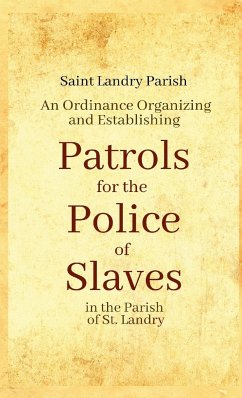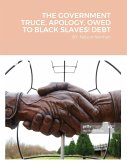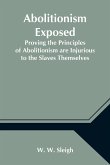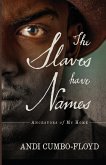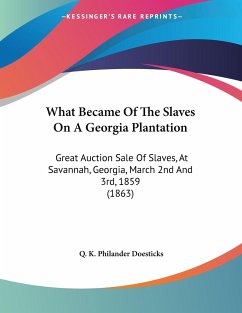"Free people of color were also enlisted to help patrol slaves in places like St. Landry parish." -The Six Shooter State (2018) "The St. Landry Parish Police Jury, responding to an incident in nearby Cheneyville, revised its slave patrol ordinance to provide greater security against possible plantation restlessness." -The African American Experience in Louisiana: From the Civil War to Jim Crow (2000) "Following the capture of New Orleans by Union forces in April 1862, many of Louisiana's southeastern parishes enacted more stringent slave-control measures. St. Landry Parish thoroughly reorganized its patrol system...every white male from 16 to 60 enrolled and put to work." -The Black Experience in the Civil War South Page (2010) Were poor Louisianans, both black and white, forced to participate in Slave Patrols against their will, or risk jail time? An 1863 ordinance published by St. Landry Parish, Louisiana, has surprising and shocking answers. The 25-page ordinance, "An Ordinance Organizing and Establishing Patrols for the Police of Slaves," published in 1863, has been republished here for historical reference purposes.

